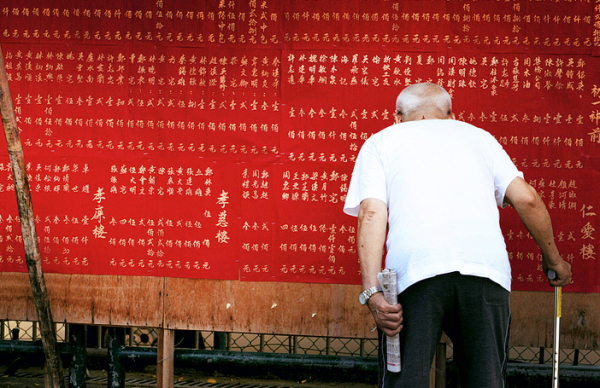
Occasionally I’ll be taking some breaks occasionally from writing about job search best practices to cover a few somewhat related and helpful topics. List making has been second nature to me since I was a teen—and so helpful, I couldn’t refrain from doing a post on it. Here are 12 lists you can create and maintain that will help you keep up with things and make your life easier. Some were mentioned in the Moolah Mondays series.
1. Christmas Gift Ledger – Oh baby—with this one, not only will you easily see who you need to buy for, but what you got them in years past—which will help you avoid giving them something too similar or (when doing some sly re-gifting) what they gave you!
2. Doctor Appointments, Mileage, & Expenses – List the doctor or dentist’s name, the date of the appointment, what it was for, how much you had to pay out of pocket, and the total mileage to and from the appointment. Having a list up on the wall you can add to that shows all your appointments for the year at a glance will not only help with remembering them but with tax preparation come tax time.
3. Errands List – Save gas and time by combining trips. List all non-food items you need or places you need to go next time you’re out running errands. You can keep your grocery list in the kitchen for writing different food items down as you run out of them.
4. Miscellaneous – I use Google Drive for my Miscellaneous list and log anything from template email responses to info about my cell phone plan or credit card interest rates. This way, I can CTRL-F search for a keyword instead of pawing through loads of paper notes in my file cabinet each time I need to recall some helpful bit of info.
5. Monthly Action Items – For example, my reminder list separates things into even, odd, and every month sections and contains things like: cleaning procedure for my printer, contact lens care, running spyware cleaners on my PC, a reminder to tithe, submitting volunteer activity reports, certain car maintenance, etc.
6. Pending Mail – This lists everything you’ve ordered that has not yet arrived, what company it’s from, and the date you ordered it. Never go from memory if you’ve pre-paid and ordered something.
7. Tax Prep – This is a list of all the 1099s, statements, and W2s you’ll be waiting for before you can file your taxes…plus any various notes about things like your favorite H&R Block tax preparer’s name, minimums (for deciding about itemizing), bank routing and account numbers, and special roll-over amounts for next tax year.
8. Vacation Day Use – List how many vacation days your employer allows, including flex and floating days and holidays. Then you can decide how you’ll use them and probably track them better than your boss! Especially helpful come vacation planning time or year’s-end so you won’t lose any not yet taken.
9. Vendors – If you find a great plumber, mechanic, recording engineer, whatever, log their contact info. Then you can easily find them down the road when you need their services again or recommend them to someone else if asked for a referral.
10. Want List – Here, list things that you want to buy and their estimated costs. This will help you save for them instead of getting everything you want now and forking out dough for credit card or loan interest.
11. What’s In Your Wallet – This should list every credit card, ID card, discount card, etc. you keep in your wallet and the customer service numbers of your credit card companies. This way, you won’t have to go from memory replacing these items if your wallet is lost or stolen.
12. What’s On Loan – Anything you loan to someone, list it here. Scratch it off when they return it. Never forget who has what again!
What is your most important list?
Don’t miss a thing. Subscribe to receive updates by email.
Looking for a new job? Want to get the one you want faster? Check out my new book, Here Today, Hired Tomorrow.

